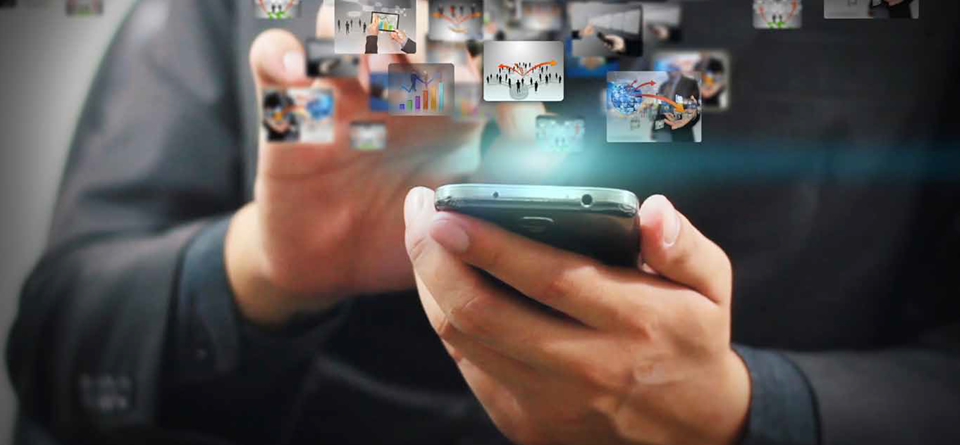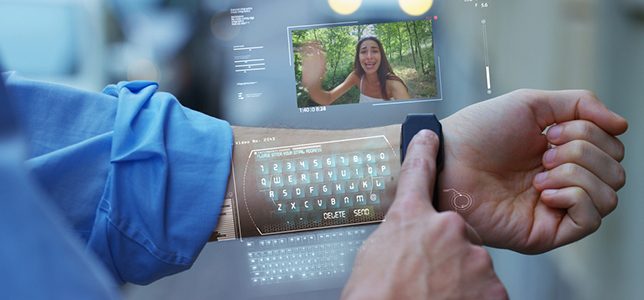SUCCESSFUL ONLINE EVENTS ORGANIZED SOLUTIONS
Before the outbreak of the disease, a series of events must be notified of suspensions or cancellation. Some big events can be mentioned such as the Tokyo 2020 Olympics, the Cannes Film Festival, the Shangrila Dialogue Forum, the Coachella Music Festival, v.v.. This is probably the biggest crisis ever in the event planning industry. However, when one door closes, another door opens – the online event.
So what is online event?
Online events are also called livestreams, webinars, virtual events. This type of event is broadcast live on an online environment, participants are connected and interact with the organizers via the Internet. Online events are usually organized via website, YouTube or social networking channels such as Facebook, Zalo, Twitter, v.v..
With the advantage of direct interaction providing a large number of viewers in a short time, quickly and limiting crowds, online events are becoming a powerful tool to support business communication activities.
7 TECHNOLOGY TRENDS’ RE APPLIED FOR EVENTS IN COVID – 19 SEASON
1. Face recognition
Using images uploaded during registration, face recognition technology helps to record the facial features of each participant. This technology helps to personalize user information, such as printing name tags when attending the program, emailing invitations, tickets or tickets for lunch at the event.
Face recognition can do two things: logically register and provide contactless entry for the event.
2. Fingerprint event
Using RFID and Beacon technology, event organizers can collect user information and personalize each event experience for attendees.
Participants can view through the agenda event, and the organizer will announce the agenda time for guests to come and attend.
3. AI in event organization
Like websites that use AI to provide data for their tools, event planning software has begun to use AI to help find attendees, speakers, influencers, the optimum subject, time and location.
AI-powered chatbots can be used for pre-event communications and answering popular questions, automatically sell tickets, and track leads.
4. 3D event diagrams
A favorable event should ensure details about the layout such as seats, lighting, zones and rooms within the framework. With the 3D event diagram software, event organizers can easily create an accurate 3D diagram that can be customized according to program design or scale.
5. Apply game application for the event
Gamification is one of the most fun ways to attract attendees to the event.
Understanding customer preferences when they attend an event is critical to the success of the event. Award winning elements make the event more engaging and we can engage participants with competitive games.
6. Venue sourcing platform
Currently, event organizers are tending to switch to venue sourcing platforms. These platforms will connect directly to the right websites for each event topic, the organizer can submit request for bids (RFPs) and track the event management process.
This technology helps event organizers:
- Accessible at any time, get an overview of the event model, capacity, services provided.
- Once you have selected the desired venue, the organizer can submit a request and immediately receive a quote to start the event.
7. Wearable Tech
Wearable Tech are becoming more popular and helping to improve the attendee’s experience. Along with many utility applications, the application of wearable tech to events is a trend that many organizers aim for.
Just one action, you can completely exchange information during networking sessions to focus more on the conversation and create more relationships with people.




















